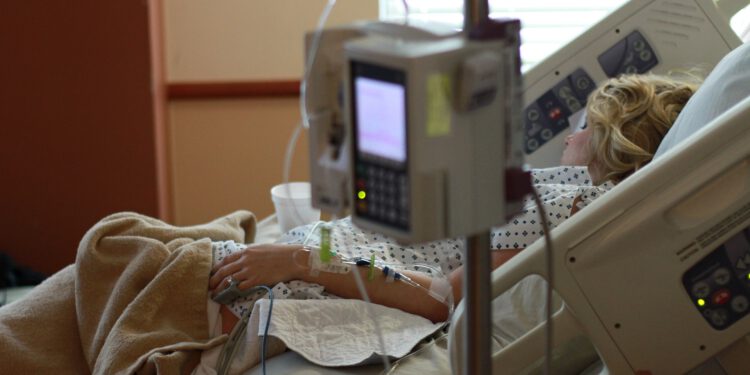There are 30,000 mammograms that will serve to train DeepMind, Google’s sophisticated artificial intelligence system.
The new DeepMind challenge, the system Google’s high-flying artificial intelligence, is to find a more effective way than the current one to diagnose breast cancer. With this end in mind, the company has come to an agreement with Jikei University Hospital in Tokyo.
Through this partnership, the hospital will allow access to a series of data to train DeepMind. In particular, it is about 30,000 mammograms from the medical center archive. From them, and knowing the final diagnosis and the evolution of these patients, the algorithm will learn to identify the disease.
It is not the first database DeepMind accesses to train in this purpose. Before, the group had already had access to 7,500 mammograms provided by the Cancer Research UK Imperial Centrefrom Imperial College London. This is intended tackle bias that may be created when training DeepMind if the algorithm takes data from a single source.
That’s why DeepMind’s project managers say this is only the first step. These two agreements will be followed by others, with medical centers in different parts of the world. The goal is for the algorithm to be able to give a good diagnosis in all types of patients to avoid not only false positives but the possibility that a tumor goes unnoticed.
At the moment, the artificial intelligence system has a basis to start with. Mammograms at Jikei University Hospital are from 2017 and 2018. This is data that has been modified to remove any personal details, which allow to associate them with a person.
Artificial intelligence in medicine
The importance of artificial intelligence in medicine is growing. It is still in an initial phase, but there are multiple avenues of research to use in this field. The IBM Watson supercomputer was one of the pioneers, when it focused on the medical sector. And is that, their cognitive computing capabilities added to the association with hospitals, who ultimately have the information to train algorithms, have opened a path that surely others will follow.
In China the trust placed in artificial intelligence within the medical field is overwhelming. Some research taking place in the Asian giant explores the possibilities of this technology for diagnosis. But the country goes further. One of the ideas that is present is to alleviate the shortage of doctors, especially in rural areas, with artificial intelligence. Such systems would make it possible to diagnose certain ailments, and even propose a treatment, to lighten the work of doctors.
Images: Parentingupstream, II








